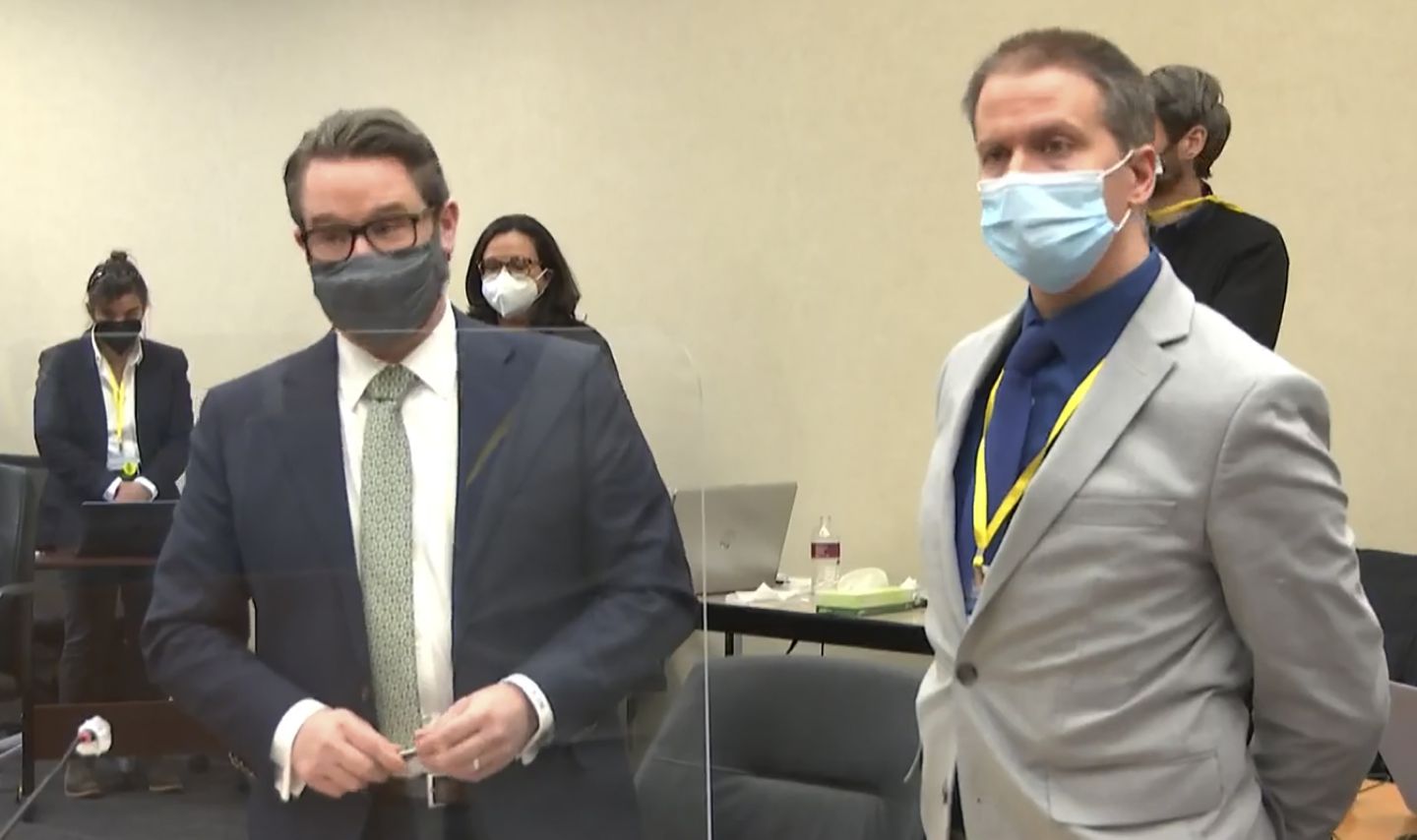The jury on the trial of the former Minneapolis Police officer began deliberations Monday afternoon, after three weeks of testimony and more than 6 hours of closing arguments.
Support authors and subscribe to content
This is premium stuff. Subscribe to read the entire article.
Login if you have purchased












